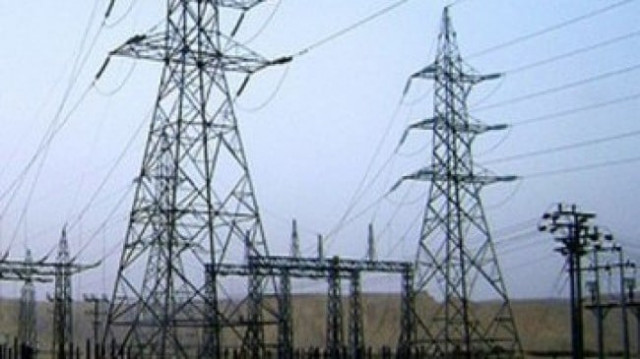‘Affordable power supply top priority’
SAPM on power says approval of NEP is an important development

Special Assistant to Prime Minister (SAPM) on Power and Petroleum Tabish Gauhar has vowed to ensure an inexpensive and reliable power generation and distribution system under the newly approved National Electricity Policy (NEP) 2021.
“Seamless power supply at an affordable rate with efficient distribution is one of the top priorities of the government,” he said while speaking at the inaugural consultative session of the National Electricity Plan 2021 on Monday.
He said that the approval of NEP by the Council of Common Interests (CCI) was an important development. The NEP provided goals, principles and directives for the power sector on sustainable contours, he added.
The SAPM said that the Renewable Energy (RE) Policy 2019 had also been approved to enhance the share of RE in the energy mix. Hydel energy was also included in the definition of RE for the first time and it was necessary, he added.
He said that the government had set an ambitious target to generate 60% of total power generation from RE by 2030 on the directives of Prime Minister Imran Khan.
Gauhar said there had been no structural planning for the last few decades, which resulted in no concrete electricity policy in the country.
The Rental Power Project Policy was also introduced unnecessarily for a stop-gap arrangement, he added.
He said that due to the front-loaded and costly agreements (take-or-pay) regardless of the need, the current government was compelled to pay capacity payments to the independent power producers (IPPs) amounting to Rs900 billion in the current year, which would increase from Rs1,455 to Rs1,500 billion by 2023.
Read More: Ministry forms body on KE for smooth power supply
He said that various projects having cumulative capacity of over 25,000MW were in the pipeline, which could not be rolled back. Now, Pakistan’s total demand was fluctuating around 23,000MW and in the next 10 years, it would double.
The SAPM said that it was time to review the 10-year debt payment policy for power generation projects and its period should be extended to 15 or 20 years. “We could not afford a short-term, 10-year debt servicing policy for power projects anymore,” he added.
He said the government was taking steps to set up a power commodity market under a multi-seller and multi-buyer model along with a liberalised wheeling regime that would not only give the power consumers more choice of supply but also reduce prices and improve customer service quality.
Published in The Express Tribune, July 13th, 2021.
Like Business on Facebook, follow @TribuneBiz on Twitter to stay informed and join in the conversation.



















COMMENTS
Comments are moderated and generally will be posted if they are on-topic and not abusive.
For more information, please see our Comments FAQ